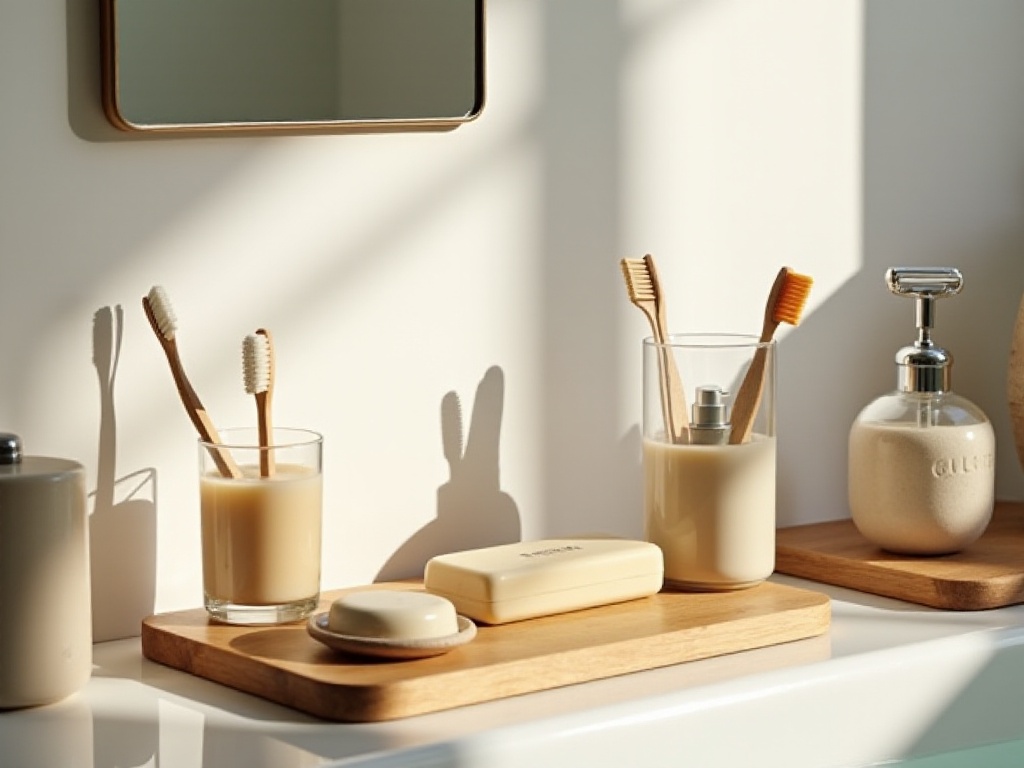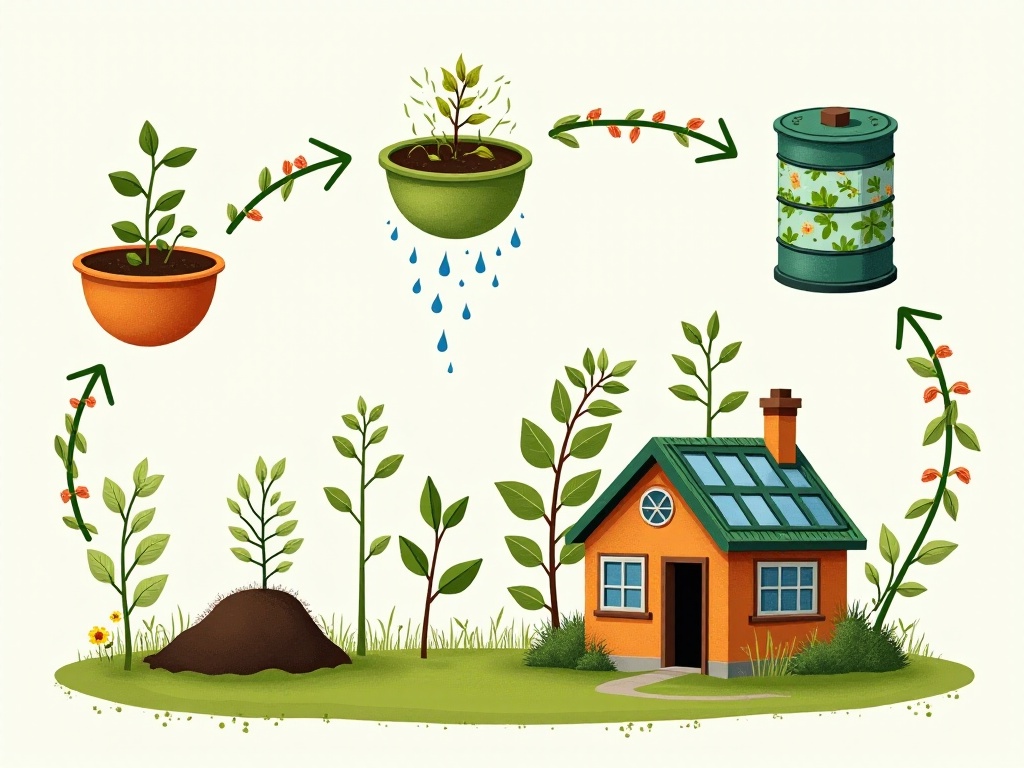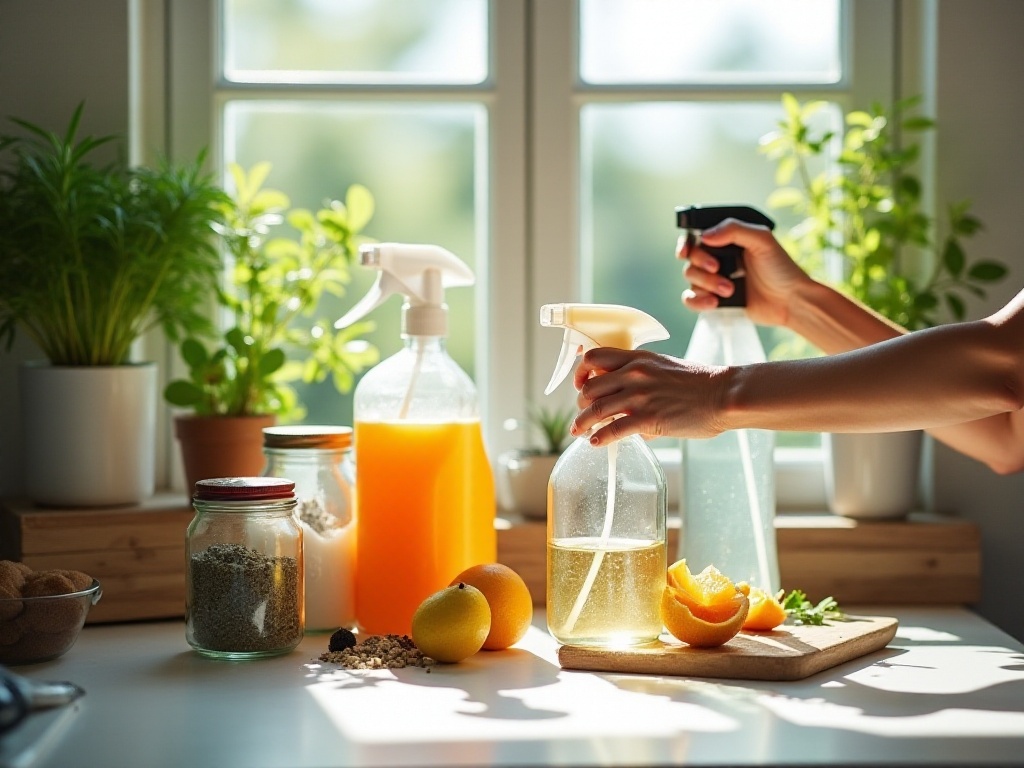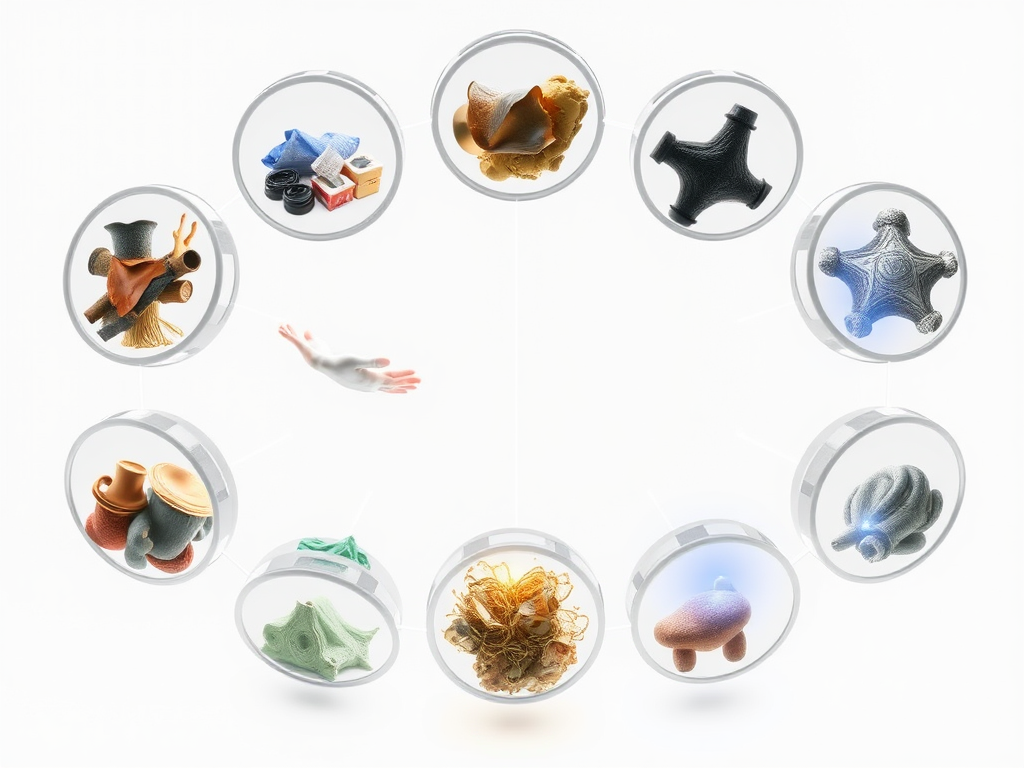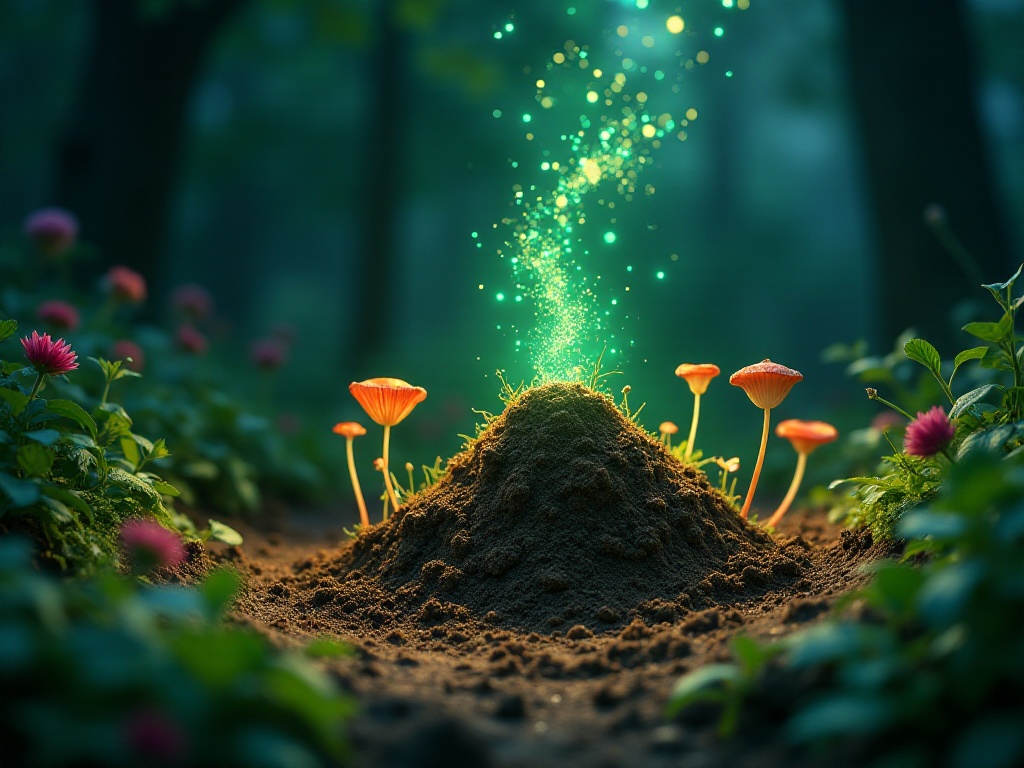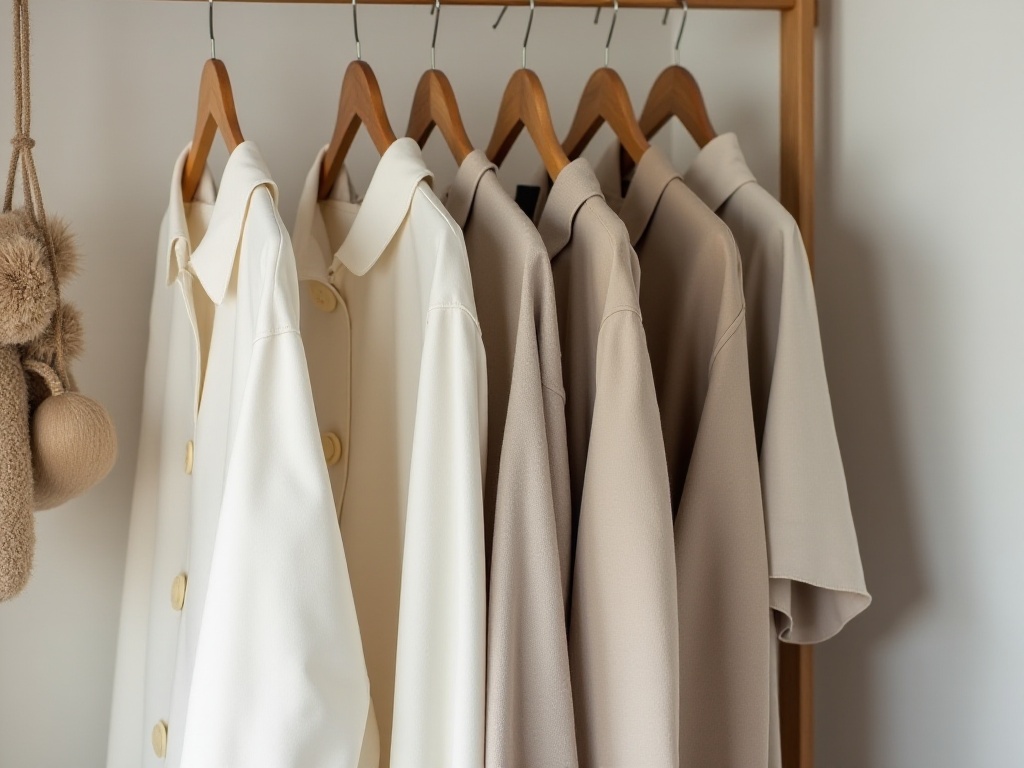Origins
When I moved last year, I was truly shocked by the amount of items I had hoarded. Three large boxes of clothes, a pile of electronic products used only once or twice, various expired skincare products, and packaging boxes collected from who knows where. It took me three whole days to sort and organize these things. Looking at so many items, I began to reflect: why do we constantly buy new things but rarely think about how to reduce waste?
Actually, everyone has experienced this trouble. When cleaning the room on weekends, you find cabinets filled with all kinds of items, drawers stuffed with little things that may never be used, and desktops covered with beautifully packaged but practically useless decorations. These things not only occupy our living space but also bring us psychological burden invisibly.
This experience made me start paying attention to zero waste living. I researched a lot of related information online, watched many zero waste living videos, and joined some environmental protection communities. Through continuous learning and practice, I gradually developed a zero waste lifestyle that suits me. Today, I want to share these experiences with everyone.
Cognitive Upgrade
To be honest, before encountering zero waste living, my understanding of this concept was very one-sided. I thought zero waste living was just about economical use, recycling garbage, at most using fewer disposable items and more reusable products. But as I learned more, I discovered that zero waste living is far more than that.
The real turning point was when I encountered the "Five R Principles". These principles include: Refuse, Reduce, Reuse, Recycle, and Rot. These five simple words actually represent a whole new life philosophy and consumption concept.
Refuse means learning to say no to unnecessary items. For example, various samples handed out by shopping guides in malls; disposable cutlery given with meals in restaurants; excessive packaging materials in delivery packages. These things that appear to be "free" are actually creating garbage. I remember once when buying coffee at a coffee shop, the server habitually wanted to give me a straw and cup sleeve, I said: "No need, thank you." Although it was just a small action, it was precisely such subtle changes that made me start rethinking my consumption behavior.
Reduce means controlling purchasing desires and only buying things that are truly needed. I started developing the habit of making shopping lists, carefully thinking before each purchase: do I really need this? What problem can it solve for me? How many similar items do I have? Through such thinking, I discovered that many of my previous purchases were impulse buys.
Reuse is an interesting aspect. It's not just about reusing shopping bags and water bottles, but also about redefining the functions of items. For example, turning old T-shirts into cleaning cloths, folding old newspapers into storage boxes, turning glass jars into vases. This process not only reduces waste but also sparks creativity and makes life more fun.
Recycle requires us to sort garbage for processing. I began seriously studying recycling knowledge for various materials and understanding different waste treatment methods. For instance, plastic bottles need to have caps and labels removed before recycling, and paper should avoid oil stains. These details may seem trivial but are crucial to recycling effectiveness.
Finally, Rot refers to letting organic waste return to nature. This point is difficult to achieve in urban life, but we can start small, such as beginning composting or using processed kitchen waste as plant fertilizer.
These principles sound simple, but to truly practice them requires us to change many deep-rooted habits. It's not just about changing lifestyle but rethinking consumption concepts.
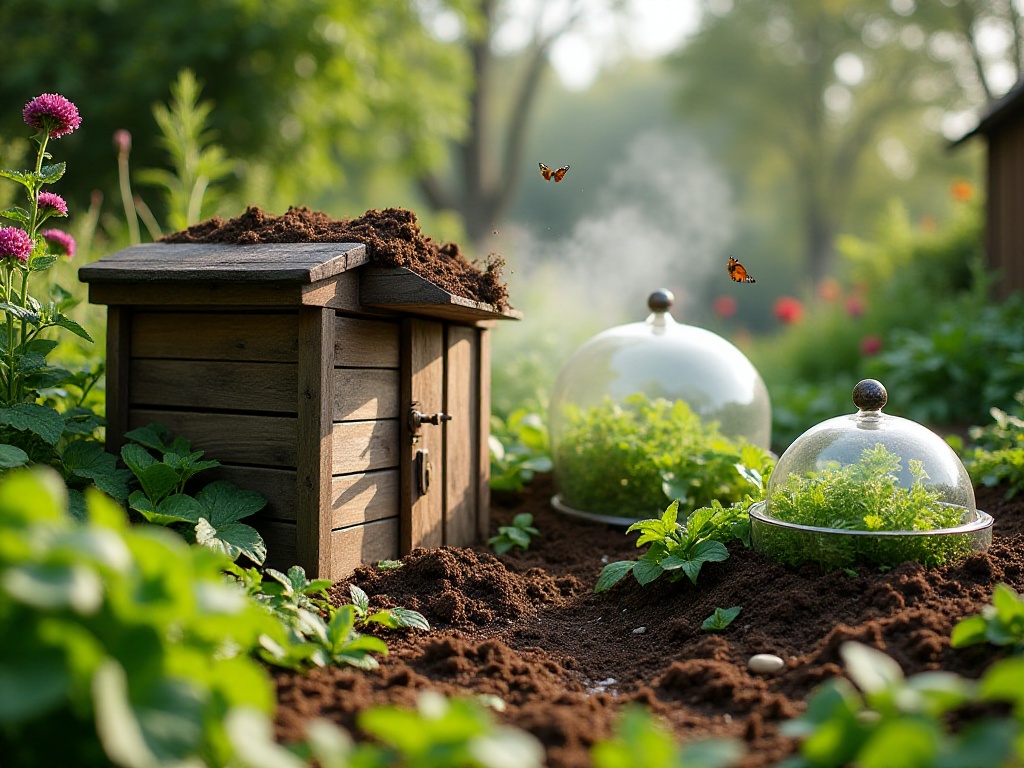
Path of Practice
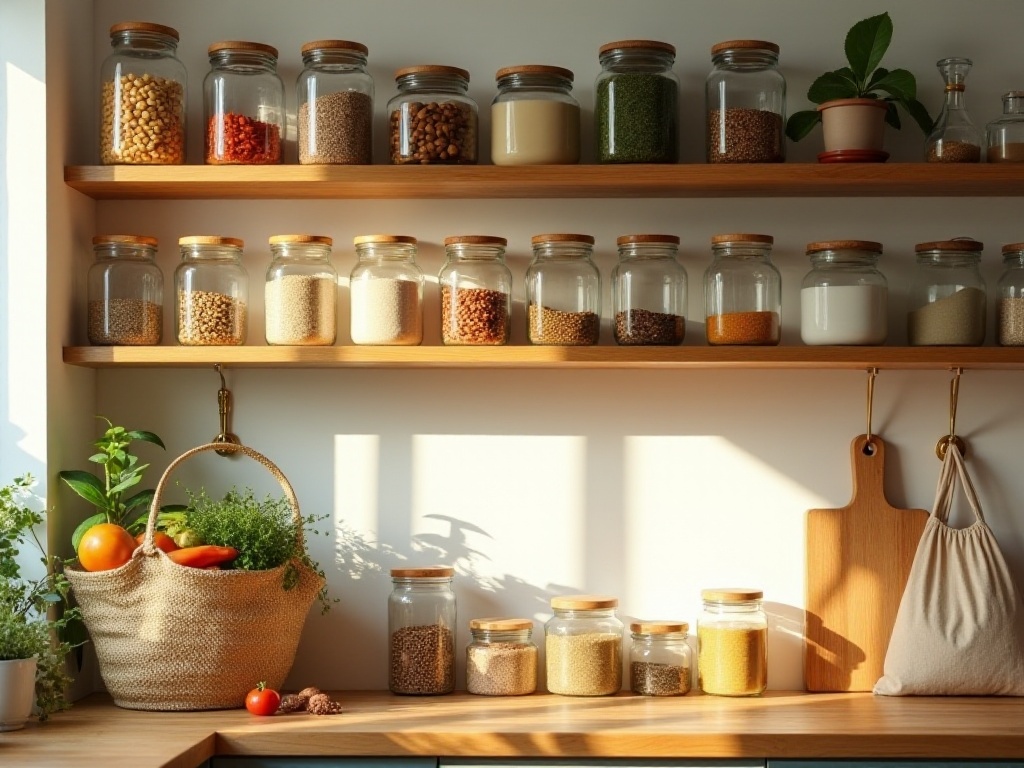
Kitchen Transformation
The kitchen was my first stop in the zero waste experiment because the amount of waste produced here is truly astounding. Statistics show that 30% of household waste comes from the kitchen, including food packaging, leftover ingredients, and disposable items. To change this situation, we need to start from the source.
First is the transformation of shopping methods. I prepared some glass jars and cloth bags specifically for buying bulk foods. At first, it did feel troublesome, having to prepare containers in advance and shopping taking longer. But gradually, I found that this method is not only environmentally friendly but also economical. Taking rice as an example, bulk buying is about 20% cheaper than pre-packaged. Moreover, bulk buying allows purchasing appropriate amounts according to needs, avoiding excess stockpiling that leads to food spoilage.
Food storage is another important aspect. I bought some sealed jars specifically for storing flour, nuts, and other moisture-sensitive ingredients. In the refrigerator, I replaced plastic wrap with reusable silicone food storage bags. Although these storage items require a larger initial investment, they have a long service life and save money in the long run.
To reduce kitchen waste, I started learning how to fully utilize ingredients. For example, using carrot peels and cabbage stems that would usually be thrown away to make soup, and turning fruit peels into natural cleaners. I also tried making some condiments like chili sauce and garlic sauce, which not only reduces packaging waste but also ensures food safety.
For cleaning supplies, I chose biodegradable cleaners, or directly used natural materials like white vinegar and baking soda for cleaning. These methods are not only environmentally friendly but also better for health.
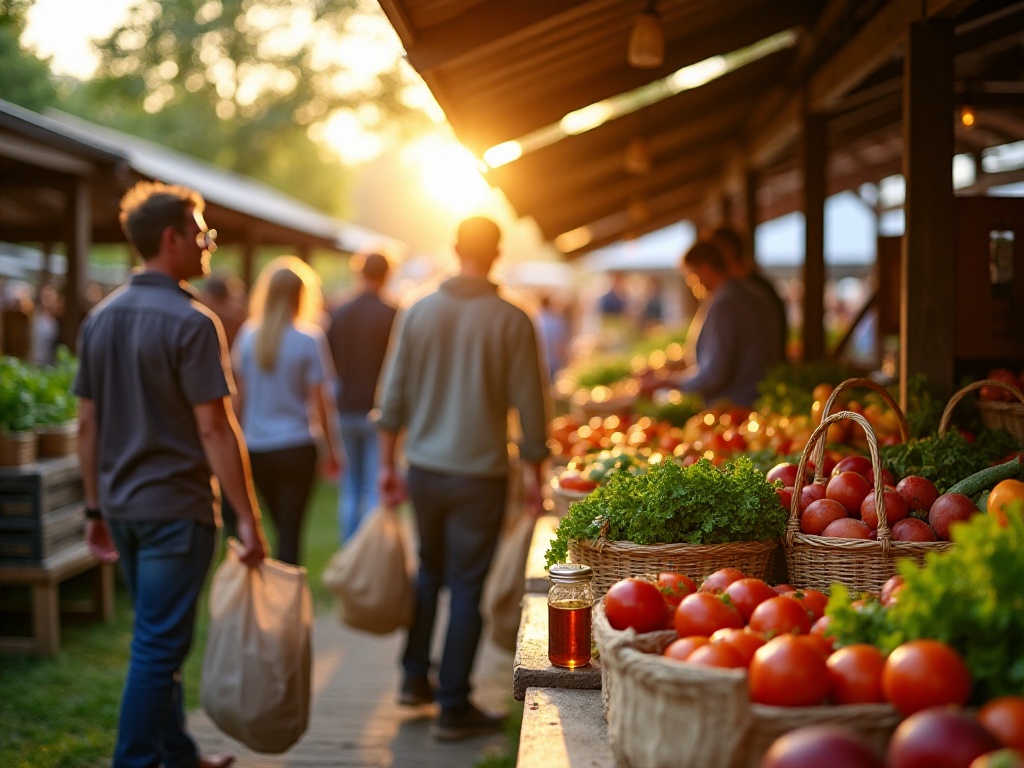
Bathroom Revolution
The bathroom is another place that generates a lot of waste, especially plastic packaging from various care products. I counted that shampoo and shower gel bottles alone generate more than a dozen pieces in a year. To change this situation, I started using solid shampoo and bath soap bars. At first, I wasn't used to it, always feeling it wasn't moisturizing enough, but after using it for a while, I found the effects were actually very good. One solid soap bar can last 3-4 months, produces no packaging waste, and is also more economical than liquid products.
Razors were also an important change point. I replaced disposable plastic razors with stainless steel safety razors. Although the initial investment was large (about 200 yuan), it's actually economical in the long run because you only need to replace the blades, which cost only 1-2 yuan each. Moreover, the shaving experience with metal razors is actually much better than plastic razors.
Toothbrushes were my last transformation project. I chose bamboo toothbrushes, and although the bristles are still nylon material, at least it reduced plastic usage to a minimum. Meanwhile, I'm also trying to use tooth powder instead of toothpaste, which can avoid toothpaste tube waste.
Toilet paper usage also has its techniques. I choose unbleached bamboo pulp paper, trying to avoid over-packaged products. During menstruation, I started using reusable sanitary pads, and although cleaning is more troublesome, considering the reduced waste amount, this effort is worth it.

Clothing Management
Clothing is an important part of our daily lives, but the environmental problems caused by fast fashion are receiving increasing attention. To practice zero waste principles, I thoroughly transformed my wardrobe.
First is clearing out. I took out all my clothes and screened them according to the standard of "whether worn in the past six months". Those clothes that no longer fit or whose style was no longer suitable, I sorted them for processing: donating good quality items to charity, using damaged ones as cleaning cloths or for handicrafts.
When buying new clothes, I pay special attention to fabric quality and durability. Choosing classic styles rather than chasing trends can extend the clothing's lifespan. I also started paying attention to some second-hand clothing trading platforms, sometimes finding very good quality clothes.
In terms of clothing care, I try to choose natural air-drying rather than using a dryer, which not only saves energy but also extends clothing life. When washing, I use appropriate amounts of eco-friendly laundry detergent, avoiding excessive use of detergents.
Office Space
The workplace is also a place where waste easily occurs. I started using erasable notebooks and whiteboards to reduce paper usage. Necessary documents are printed double-sided when possible, and waste paper is reused.
For stationery, I choose pens with replaceable refills rather than disposable ballpoint pens. Staplers were replaced with reusable clips, which are not only environmentally friendly but also more convenient when removing.
During lunch time, I bring my own utensils and lunch boxes to avoid using disposable takeout containers. Although this is slightly more troublesome, considering the reduced waste, this minor inconvenience is nothing.
Unexpected Gains
In the process of practicing zero waste living, I found that saving money is just one small gain. More importantly, my life has become simpler and more meaningful.
First is the improvement in space. After reducing unnecessary items, home became more tidy and spacious. Everything has its place, no more time spent searching for things. This neat environment also improved my mood.
Time management also became more efficient. I now make shopping lists before going to the supermarket, which not only avoids impulse purchases but also saves shopping time. According to my records, monthly spending on daily necessities decreased by nearly 40%.
More importantly, I began to rethink the difference between "need" and "want". Many times, we purchase items not because we truly need them, but because we're influenced by advertisements and environment. Through practicing zero waste living, I learned to view consumption more rationally and also better appreciate existing items.
There were unexpected gains in social aspects as well. Through sharing zero waste living experiences, I met many like-minded friends. We exchange environmental protection tips, share shopping advice, and participate in environmental activities together. This friendship based on shared values is especially precious.
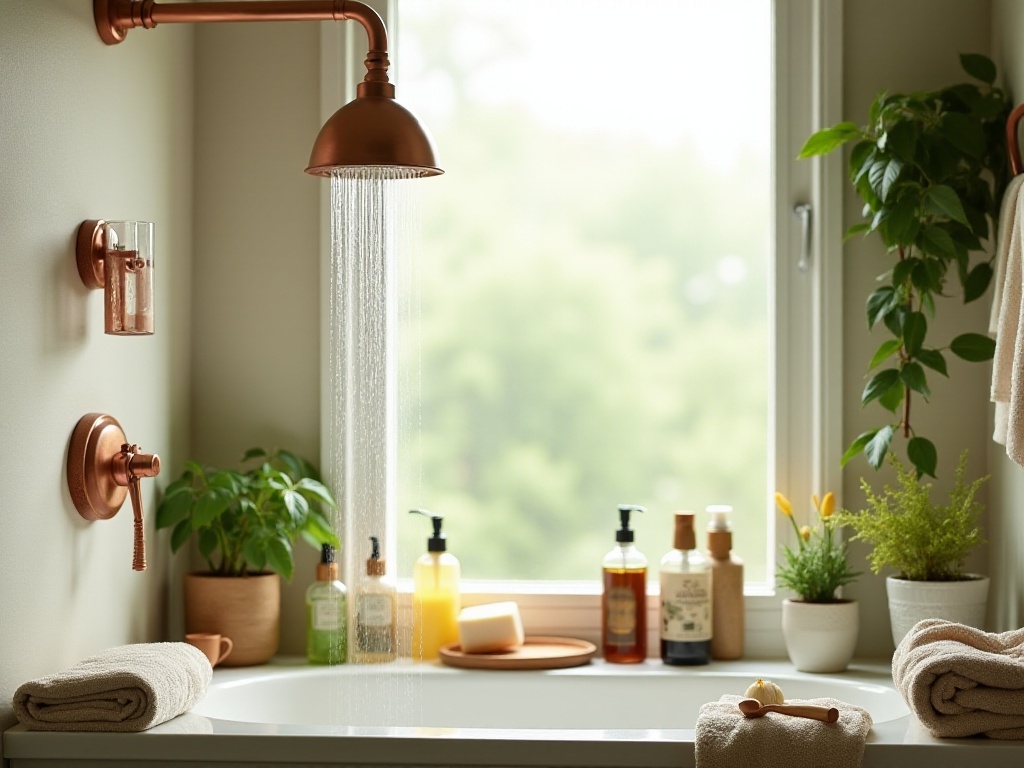
Continuous Improvement
Zero waste living isn't something achieved overnight, but a process requiring continuous improvement. I'm still learning how to better handle kitchen waste, planning to build a small composting box on the balcony. This project is still in the exploration stage, needing constant adjustment of composting ratios and ventilation conditions.
I'm also trying to make some daily necessities, like cleaners and skincare products. This process helps me better understand product ingredients and ensure usage safety. Although not every attempt is successful, the learning process itself is very meaningful.
In terms of clothing, I'm learning basic mending skills. Being able to repair minor damage not only extends clothing life but also gives old clothes new appearances.
Recently, I've also started paying attention to more environmental protection issues, such as renewable energy use and water resource conservation. I believe environmental protection isn't just an individual choice but requires joint efforts from all sectors of society.
Zero waste living may seem like small personal changes, but when more people join in, these changes will produce huge impacts. Everyone can start from small things around them, such as carrying shopping bags, bringing their own water bottles, refusing unnecessary packaging, etc.
Remember, change doesn't need to be achieved all at once. You can start from the easiest parts to implement and gradually expand to other aspects of life. What's important is maintaining this environmental awareness, constantly practicing and improving in daily life.
Earth is our common home, and every small step of change from each person might bring huge impacts. Let's act together and live a more environmentally friendly and meaningful life. I believe that with more people's participation, we can definitely bring positive changes to Earth.


